
The US reset in the Gulf
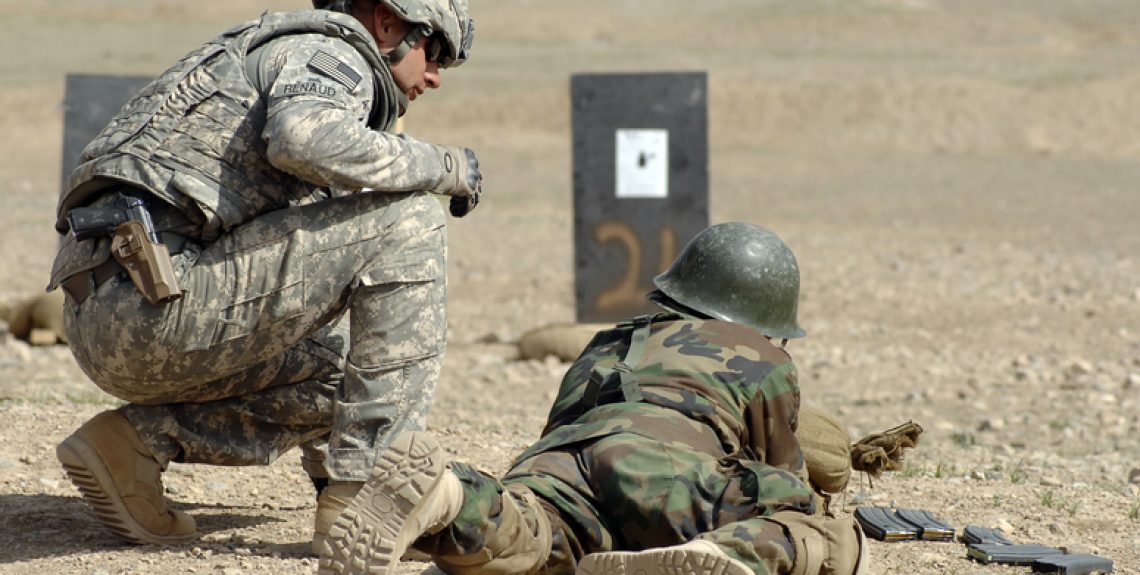
Share on

Umberto Profazio
Associate Fellow for the Conflict, Security and Development Programme at the IISS and Maghreb Analyst for the NATO Defense College Foundation, he regularly publishes on issues such as political developments, security and terrorism in the North Africa region
Archive


The new Mecca of neutralism
13 March 2025
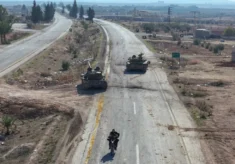
Certain shards, uncertain reconciliations
30 January 2025

Trouble in paradise
16 January 2025

Iran-Russia: towards mutual dependence?
27 November 2024

The race for AI
26 November 2024
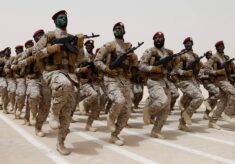
KSA and the top brass reshuffle
17 September 2024

Two steps closer to the brink
26 August 2024

A red naval exercise in the Gulf of Oman
23 July 2024

Death by heat
12 July 2024
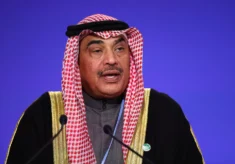
Successions
18 June 2024
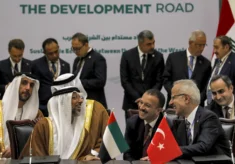
Corridors of power
21 May 2024
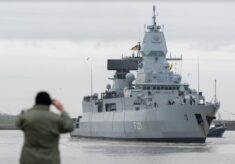
A geopolitical shield for the EU
8 March 2024

The Red Sea chess game
14 February 2024

COP28: UAE leading a complex consensus
12 January 2024
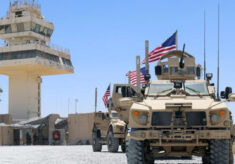
Iraq: maximum pressure, reversed
2 December 2023

Out from the shadows, driven by co-petition
25 October 2023
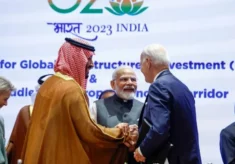
The limits of minilateralism
19 September 2023
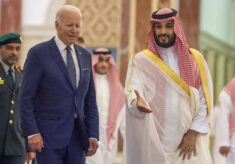
A nuclear-prone ménage à trois
28 August 2023
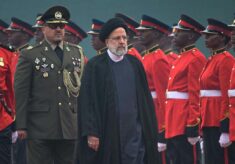
A charm offensive in Africa
31 July 2023

Caught in a trilemma
30 June 2023
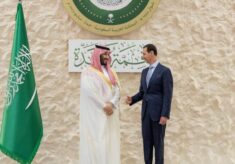
Pariahs no more
30 May 2023

The AI and drone new frontier
27 April 2023
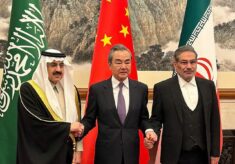
The great reshuffle
11 April 2023
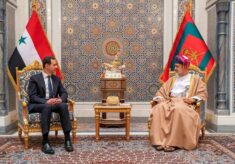
In from the cold
15 March 2023
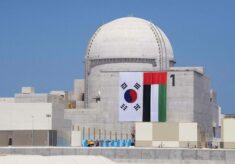
Moving towards a nuclear Middle East
9 February 2023
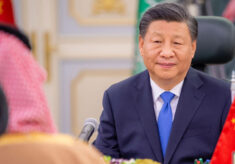
A multipolar order in the making?
4 January 2023

